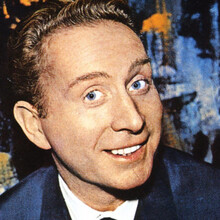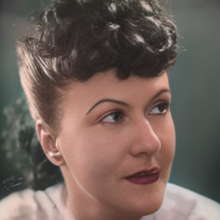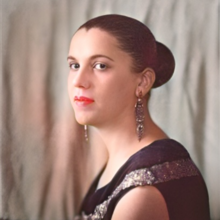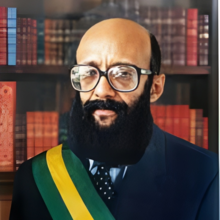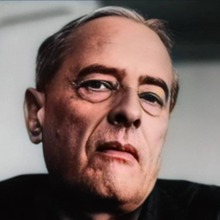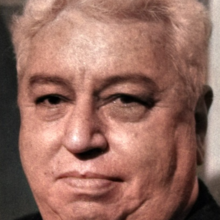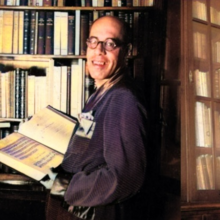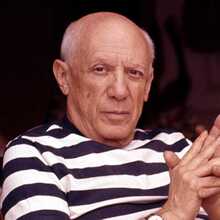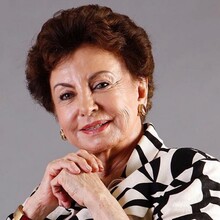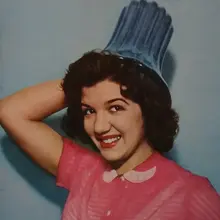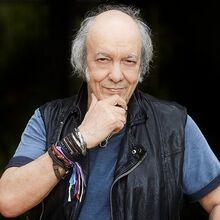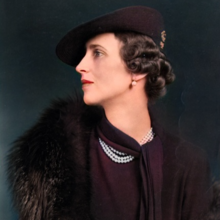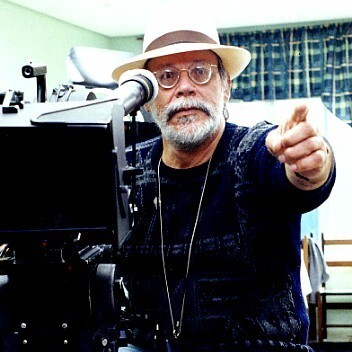
Personal
Other names:
Job / Known for:
Film director and producer
Left traces:
Several influential films in Brazil
Born
Date:
1945-06-14
Location:
BR
Porto Alegre, Rio Grande do Sul
Died
Date:
2012-06-14 (aged 67)
Resting place:
FR
Cimetière du Père-Lachaise, Paris
Death Cause:
Heart failure
Family
Spouse:
Lygia Reichenbach
Children:
Parent(s):
Luise Reichenbach (née Tinger) and Carlos Reichenbach
QR Code:
 My QR code:
Carlos Reichenbach
https://DearGone.com/12647
My QR code:
Carlos Reichenbach
https://DearGone.com/12647
Key Ownner:
Not yet supported by key owner
Show More
Rank
Users ranking to :
Thanks, you rate star
Ranking
5.0
1
Fullname
Carlos Reichenbach
Slogan
Cinema is not an art that films life: cinema is something between art and life.
About me / Bio:
Show More
Article for Carlos Reichenbach
Died profile like Carlos Reichenbach
Comments:
